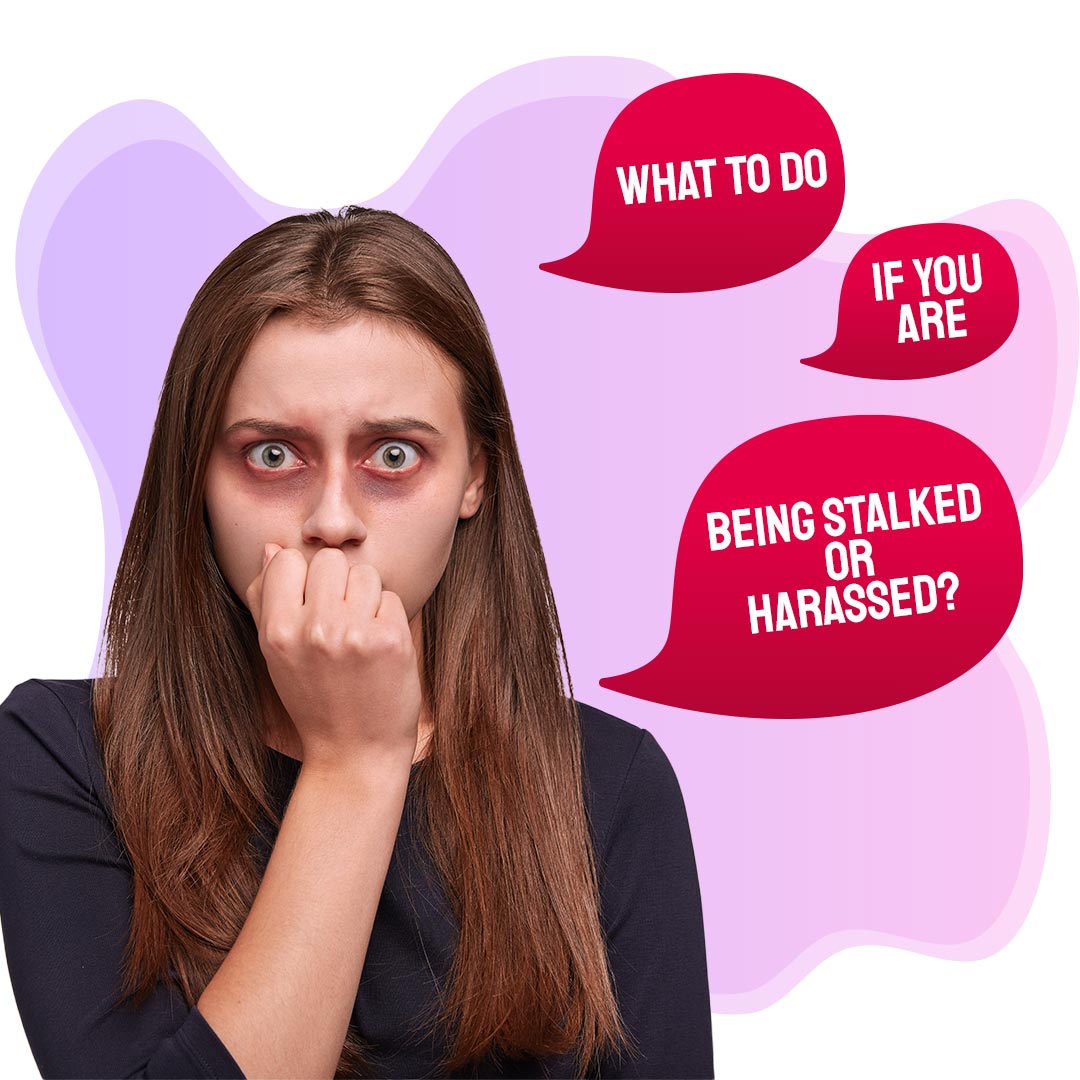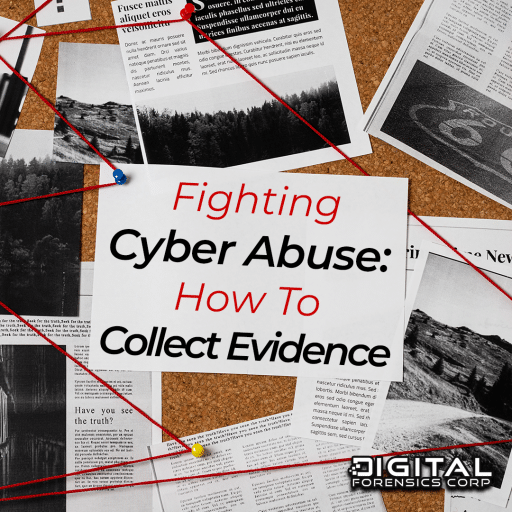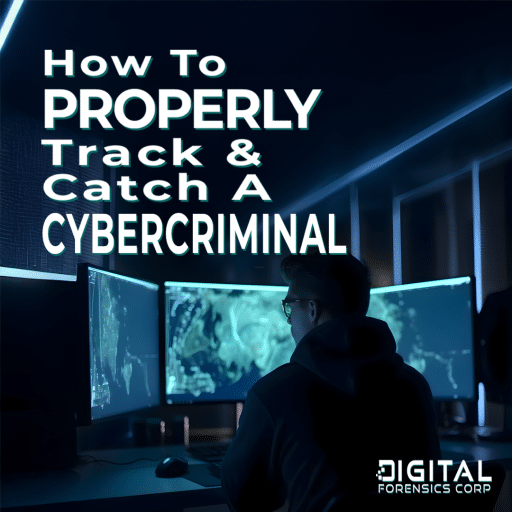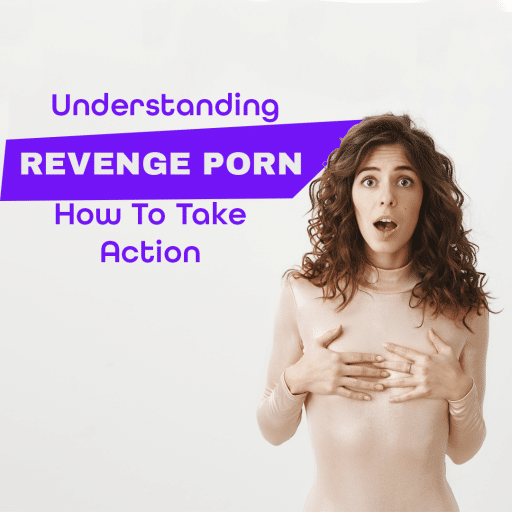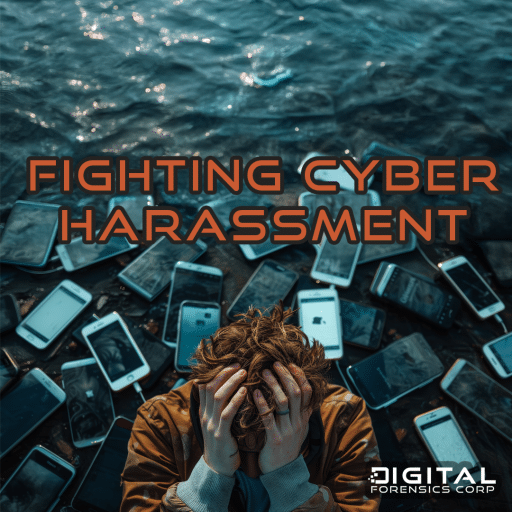Unfortunately, too many people experience the fear and stress of dealing with a stalker or harasser, which causes immense emotional and psychological harm to victims. With the help of the internet, anyone can get a front seat to another person’s life, with or without their knowledge. Whether it occurs in person or virtually, knowing what steps you can take to protect yourself and your loved ones is essential. This post guides what to do if you are being stalked or harassed.

3 Signs of Being Stalked or Harassed?
Being stalked and harassed isn’t something that can be ignored. There comes the point where a person passes a line of genuine curiosity of a person to an almost obsession. You should be alarmed if someone constantly contacts you and crosses boundaries that make you feel unsafe. Here are three signs and examples of what stalking and online harassment can look like.
- You’re receiving unwanted attention. One significant sign of stalking or harassment is receiving unwanted attention. This could come through phone calls, texts, emails, social media messages, or in-person visits. If you’re receiving constant messages or contact from someone, making you feel uncomfortable or scared, that is a red flag.
- Your privacy is being invaded. Another sign that you may be the victim of stalking or harassment is if your private life is being invaded. This could mean someone going through your mail, following you, or even breaking into your home.
- You’re feeling fearful, stressed, or anxious. You’re constantly feeling fearful, stressed, or anxious, wondering if a particular person is watching you or disguising themselves through fake online accounts and having difficulty trusting people.
What To Do If You Are Being Stalked or Harassed?
- Take threats seriously: If someone is threatening you, you should always take the threats seriously. Do not ignore or dismiss any threat, no matter how insignificant it may seem. Please keep a record of all threats and report them to the authorities. It would be best to inform your family, friends, and colleagues about the threats you have been enduring, so they know the situation and can help keep an eye out for you and your safety.
- Document everything: Keep a detailed record of everything, including dates, times, locations, and descriptions of the incidents. If possible, take photos or videos of the stalker or harasser. Save any messages, emails, or letters that they send you. Documentation can help law enforcement build a case against the perpetrator.
- Seek help: You do not have to deal with a stalker or harasser alone. Seek help from law enforcement, victim advocates, and mental health professionals. These professionals can provide emotional support and guidance on handling the situation.
- Protect yourself: Protect yourself from the stalker or harasser. This may include changing your routine or location, securing your home and workplace, and avoiding contact with the perpetrator. You may also want to carry a self-defense tool such as pepper spray.
- Learn about legal options: Legal options are available to victims of stalking and harassment. For example, you may be able to obtain a restraining order against the perpetrator. Understand your rights and the legal options available to you.
How to Protect Yourself Online?
One of the most critical steps to protect yourself from cyber stalking is securing your online personal data. Limit the amount of personal information you share online, and keep your social media accounts private to avoid stalkers from gaining access to your activity. You should also ensure you limit the personal information you share online. Online stalkers can use your personal information to access social media and other online activities.
The more information you make available online, the easier you make it for stalkers to gain access, track, and monitor your online activities. Lastly, if you’re a victim of online stalking, report it to the relevant authorities to stop the stalker. Failure to report to relevant authorities will allow the abuse to continue and cause harm to your peace of mind and mental health.
Conclusion
Having your every move watched is a terrifying experience that can impact your life in many ways. If you are going through this, learning what to do if you are being stalked or harassed is critical, and you should take it seriously. Document everything, seek help, protect yourself, and learn about your legal options. You do not have to face this alone. Reach out for help and support. Remember that you have every right to live without the fear and stress of being stalked or harassed.


